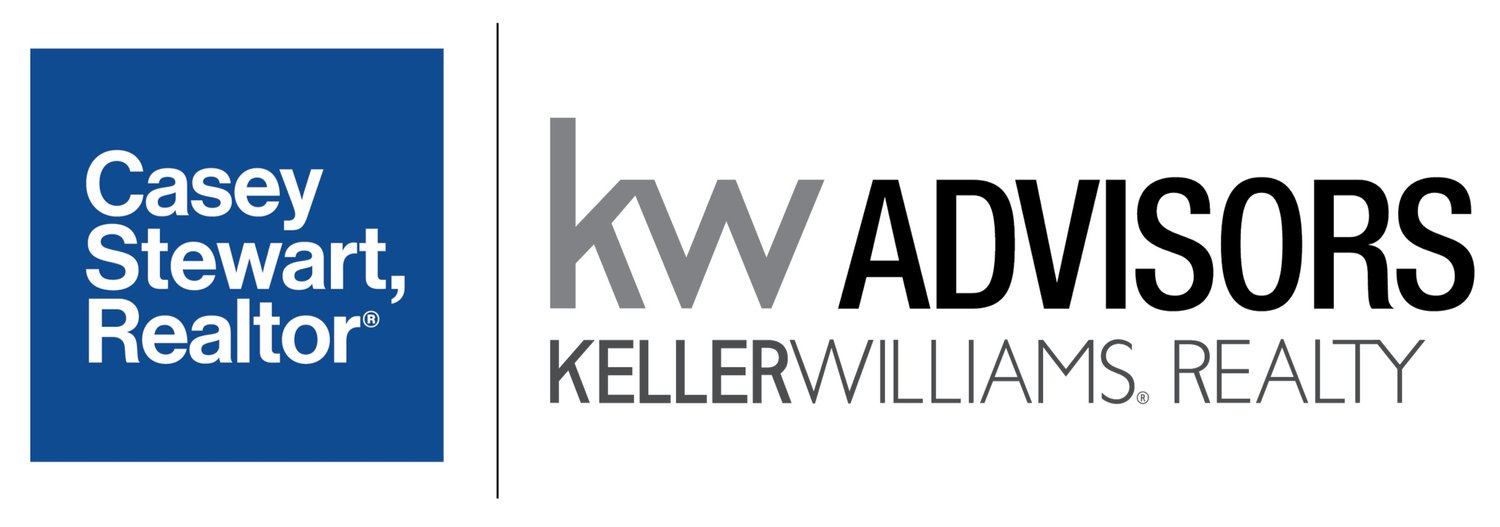I Want to Sell My Home! Now what?
/No matter why you want to sell your home, chances are you have a pretty good idea of how much you owe on your mortgage, what price the home down the street sold for last month, and that if you use a real estate agent you'll have to pay them commission. I'm not here to debate whether you should go with a REALTOR or try to sell it yourself -- there are situations where either option wins. But how about a little overview of the process?
When a potential seller asks to meet with me, I'm often asked how much I know about the neighborhood. This knowledge is important, which is why you may see so many signs with the same name in your neighborhood -- those agents have proven that they're familiar with and active in the area. However, a good agent can easily research MLS listings, national websites, and agent-only tools and over the course of a few hours have just as much information, if not more. I use market statistics and a personal tour of a seller's property to determine how the home compares to others in the area, both active and sold. There are several factors that affect the price range I provide:
- Nearby sold prices: Always keep in mind that you need to sell your home to a buyer AND to their bank, so chances are it needs to appraise at or above your sold price in order for the deal to go through. If similar homes within 1/2 mile of yours are selling for $150,000, you're going to need something pretty amazing to list it for $180,000.
- Time frame: You'd like to sell, but how soon do you need to sell? If you're relocating or if you've already found a new home to buy, speed is important. Homes priced competitively will sell the fastest in any area. If you have a little more time on your hands, or if getting top dollar is most important, you can start at the top of your price range and see what happens.
- Amenities: Granite counters, finished basements, oversized garages and private pools are examples of upgrades that could increase the value of your home to potential buyers. A listing agent should be able to tell you whether the upgrades you've made will have a positive impact on your home's value.
- Market activity: How quickly are homes selling in your area? What size home is most popular? How much competition would you have? Are there special financing opportunities that could affect a buyer's ability to buy?
A comparative market analysis (CMA) should include all of this information. Don't be shocked if an agent hasn't seen all of the comparable properties in your area; there are so many homes on the market that it would be nearly impossible for us to tour them all unless we had a reason to be there. You could be that reason, though! After a preliminary CMA, I often tour competing properties on my own or with clients so we have an honest picture of how our listing compares to the rest of the market.
No one has ever asked me this, but in case you're wondering why you can't just go with the value estimate from Zillow, Trulia, Redfin, or any of those other sites...it really depends on your area. Automated valuation models (AVMs) depend purely on statistical analysis of nearby market activity. There are plenty of problems with this: listings are often sorted by zip code rather than by things like municipality or school district, AVMs require a large amount of activity of very similar homes for accuracy, and they rely quite a bit on price per square foot (which in greater Cincinnati means practically nothing if you look at historical sold data).
I'll be back next time with information on listing agreements! If you have specific questions about selling your home or choosing an agent, let me know in the comments.


